EV battery race: Has China won?
Lianhe Zaobao journalist Liu Sha notes that while China currently seems to be ahead of the competition in terms of electric vehicles and batteries, questions of cost, quality and sustainability have to be taken into account in considering how China can maintain its lead in the battery industry.
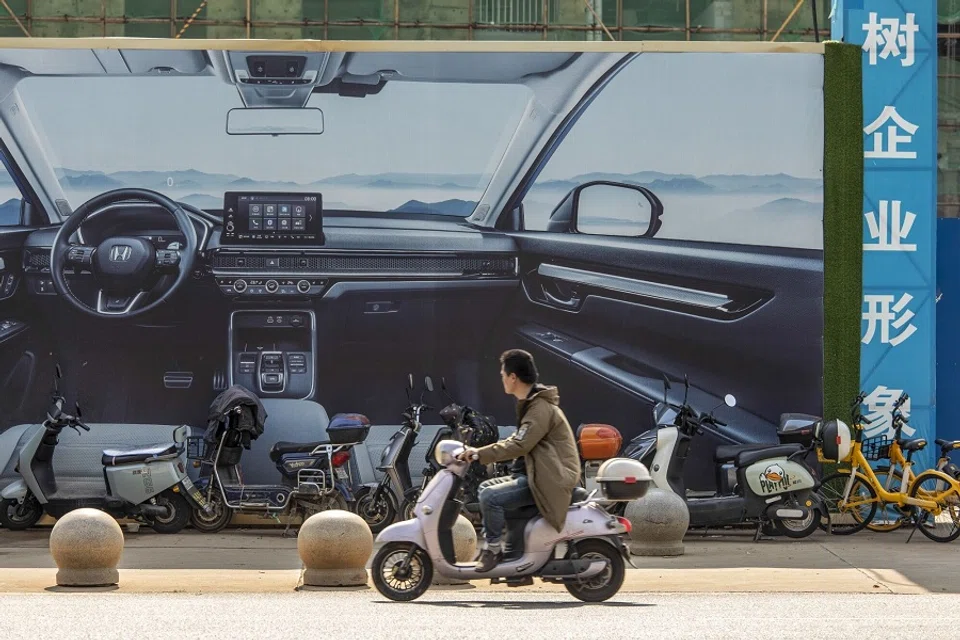
At the start of 2023, German automobile manufacturer Volkswagen sent nearly 300 employees to Chinese battery manufacturer Gotion to learn about battery manufacturing, from the basics of battery chemical formulation to the assembly of a battery pack. Volkswagen employees have been going on such learning trips since 2021 when the company started investing in Gotion and later became its largest investor.
According to a senior Gotion engineer who spoke to Lianhe Zaobao, the fact that Volkswagen, a car manufacturer with a century of experience, needs to learn from a Chinese battery manufacturer indicates that China is at the forefront of the new energy sector worldwide.
Chinese dominating market
According to statistics released by market research firm SNE Research, in the first three quarters of 2023, the top ten firms in terms of global battery usage were as follows: CATL, BYD, LG Energy Solution, Panasonic, SK On, CALB, Samsung SDI, Gotion, EVE, Sunwoda.
Save for LG Energy Solution, Panasonic, SK On and Samsung SDI, the other six are all Chinese companies and they account for 62.9% of the global lithium battery market. The first two leading firms, CATL and BYD, alone account for 52.6% of the market.
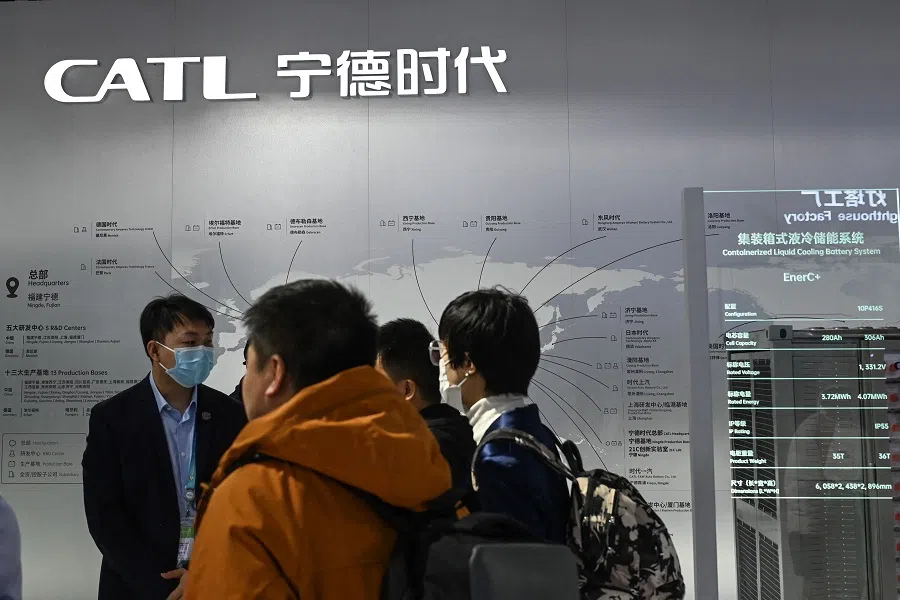
In an interview with Lianhe Zaobao, Yu Hong, a senior research fellow of the East Asian Institute at the National University of Singapore, said Chinese batteries have the cumulative advantage of technology, market size and industrial chain that other countries would find hard to overcome in the short-term.
Policy spurring rapid growth
The battery accounts for 40% of the cost of an electric vehicle, and the advantage that China has built as a leader in the battery sector is directly linked to the promotion of new energy vehicles by the government.
Since 2009, the Chinese government has been strongly promoting new energy vehicles; not only are there direct subsidies for manufacturers of such vehicles and reduced purchase tax, but there are also no restrictions on the purchase or usage of new energy vehicles in first-tier cities and provincial capitals.
... the battery industry is relatively pollutive, and can only develop in a place like China with government tolerance and support; in places like Europe, it would be impeded by environmental groups and strict environmental review processes. - Yu Hong, Senior Research Fellow, East Asian Institute, National University of Singapore
The growth of China's new energy vehicles has been rapid, with 330,000 vehicles sold in 2015, ranking first in the global new energy vehicles market for the first time, directly spurring demand for batteries as well.
The Chinese government once again leveraged their policy advantage, placing batteries on a "whitelist" - only new energy vehicles using batteries on the whitelist could qualify for government subsidies. This policy, which was implemented for four years, effectively helped China's battery firms avoid direct competition with industry giants in Japan and Korea, allowing China's new energy vehicles and batteries to fast-track their growth.
Yu pointed out that the Chinese government's support went beyond policy and subsidies.
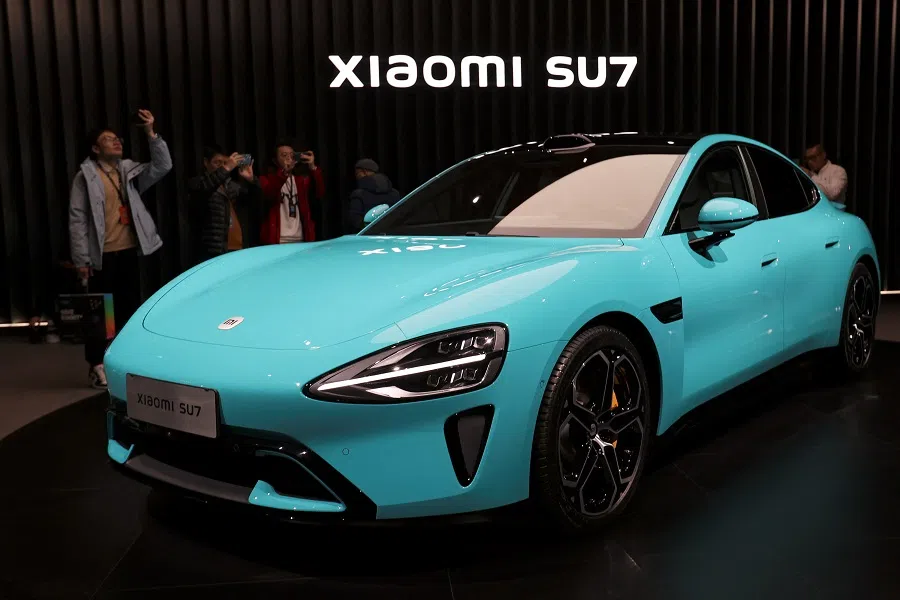
He said the battery industry is relatively pollutive, and can only develop in a place like China with government tolerance and support; in places like Europe, it would be impeded by environmental groups and strict environmental review processes.
Supply chain and cost advantages
Yu also stressed that China's market scale and mature supply chain were key factors supporting the development of the new energy industry once the subsidies were no longer available. "Large scale production and application helped new energy products upgrade their technology while also reducing cost."
Xu Guohong, head of Gotion's investor relations department, said when interviewed: "In the Yangtze River Delta region, within a half hour drive, there will be a supply store with all sorts of provisions, such as the positive and negative electrode materials needed for batteries, insulating film, packaging and so forth. And it's not just one or two stores for each component; there are many stores."
The concentration in the supply chain has brought about cost advantage. According to a report by Bloomberg, China's battery packs come in at US$127 per kilowatt hour on a volume-weighted average basis, while prices in North America and Europe are 24% and 33% higher. This means that utilising Chinese-made batteries could greatly reduce the total cost of a new energy vehicle.
Statistics from market research firm JATO Dynamics showed that the average EV in China costs around €32,000 (US$35,039), compared with an average of €56,000 in Europe.
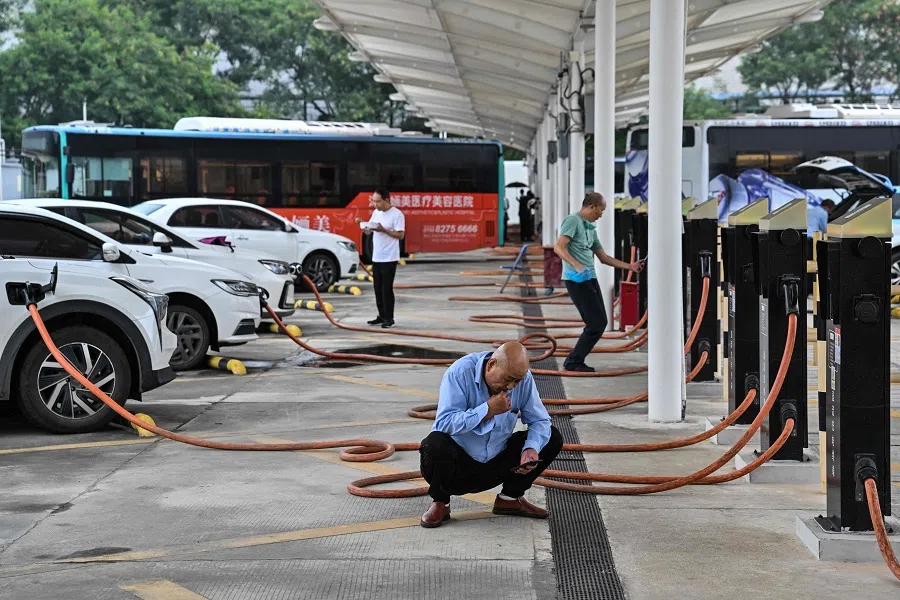
Bill Russo, former head of Chrysler in China, told Financial Times that the rest of the world's "miss" on batteries is that they prioritised battery chemistry tied to performance, not affordability, which China prioritises. He explained, "By making it cheaper, China wins."
Has China won?
However, in the face of China's EV battery dominance, overseas manufacturers have not given up trying to catch up.
Yu said that while it is difficult for other countries to catch up with and surpass China in terms of supply chain, cost and market size, they can overtake China by developing different technological routes.
At present, EV batteries can be divided into two technological routes: high energy or cost-effective. The mainstream in China is the more cost-effective lithium iron phosphate (LFP) battery, which only has a range of up to 500 kilometres. The European EV sector prefers the more expensive lithium nickel manganese cobalt oxide (NMC) battery, which has a range of up to 700 kilometres. However, such batteries require both nickel and cobalt, and China is over 80% dependent on the import of both metals from foreign sources.
... high-end solid-state batteries and hydrogen fuel cells that Japanese and Korean manufacturers are developing could become the next generation of batteries.
The research and development (R&D) director of an EV battery startup company told Lianhe Zaobao that apart from the lack of materials, Chinese battery manufacturers' passivity towards developing high-end batteries; the highly competitive Chinese market; auto manufacturers' reluctance to give up their price advantage; and the abundance of EV charging stations across the country, has allowed Chinese consumers to lower their requirements on range.
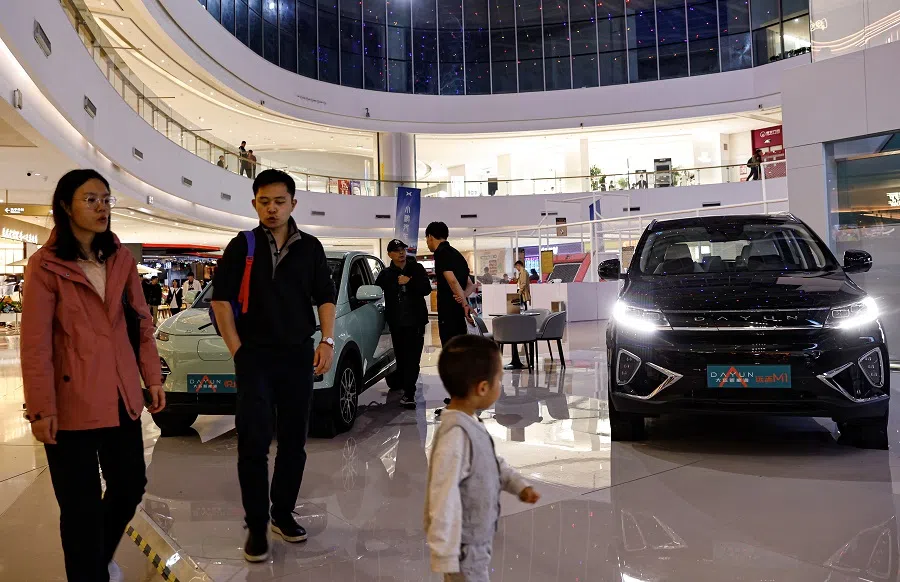
He pointed out that in Europe and the US where the charging infrastructure is still immature, consumers prefer long-range EV batteries. On the other hand, high-end solid-state batteries and hydrogen fuel cells that Japanese and Korean manufacturers are developing could become the next generation of batteries. "By the time their technology matures and costs are lowered, Chinese products will easily lose their edge," he noted.
The R&D director thinks that with intense market competition and the price war draining the energy of Chinese enterprises, these businesses risk losing out when the technological landscape shifts because they are unable to concentrate on technical research and development. He also said that in terms of cost-effectiveness, China currently does not have any high-tech barriers that foreign enterprises cannot overcome.
Curbing China's expansion
Academics think that China's batteries and EVs will be in greater need of international markets due to the country's economic slowdown, overcapacity in the new energy sector, and the fact that car replacement cycles will not be due for some time.
But amid intense geopolitical competition, China's battery exports will come under increasing pressure. In the long term, it would be difficult for China's EV batteries to gain the strategic advantage of being irreplaceable.
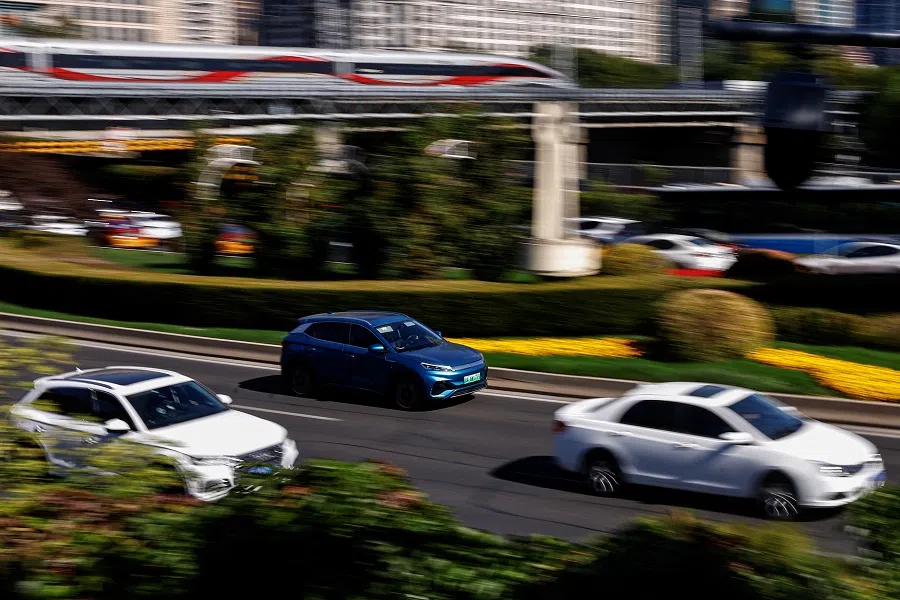
Professor Subodh Mhaisalkar, executive director of the Energy Research Initiative @ Nanyang Technological University, told Lianhe Zaobao that various countries are curbing the momentum of China's EV battery expansion. He said that the rest of the world is using trade policy, related barriers, and product localisation requirements to support local enterprises to take the price advantage away from Chinese battery manufacturers.
He added that although the Chinese battery sector has a five to ten year lead, the rich experience of international manufacturers and various governments' efforts in buying local firms more time make it easy for them to get rid of Chinese suppliers, at least in their domestic markets.
This article was first published in Lianhe Zaobao as "中国动力电池优势还能持续多久?".



![[Video] George Yeo: America’s deep pain — and why China won’t colonise](https://cassette.sphdigital.com.sg/image/thinkchina/15083e45d96c12390bdea6af2daf19fd9fcd875aa44a0f92796f34e3dad561cc)
![[Big read] When the Arctic opens, what happens to Singapore?](https://cassette.sphdigital.com.sg/image/thinkchina/da65edebca34645c711c55e83e9877109b3c53847ebb1305573974651df1d13a)
